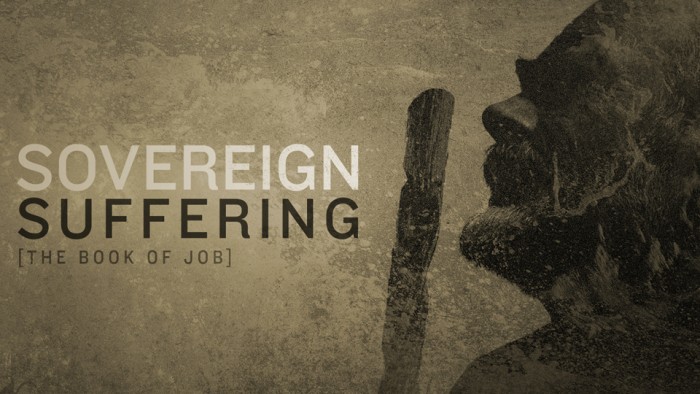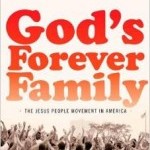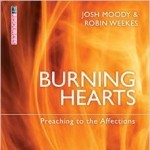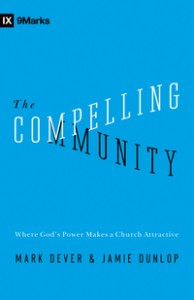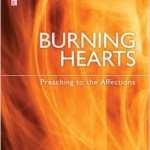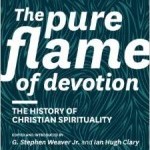It is the sine qua non of eldership in a local church: “He must be able to teach.” That aptitude singles a man out for shepherding service in a way no other qualification does.
Therefore, discerning a man’s aptitude to teach is always of utmost importance.
WHAT DOES IT MEAN?
No small amount of ink has been used to define what it means for a man to “be able to teach,” but thankfully we really don’t need to get ourselves into a tizzy trying to interpret the phrase. Paul functionally defines the qualification in his parallel instruction to Titus. In Titus 1:9 he writes, “He must be able to give instruction in sound doctrine and also to rebuke those who contradict it.” That’s it: he must be faithful in instruction and refutation. Not one or the other, but both.
9 CONSIDERATIONS FOR FINDING TEACHERS
The question then becomes, “How do we find these faithful teachers?” In his wonderfully wise book Finding Faithful Elders and Deacons Thabiti Anyabwile gives the following nine considerations:
- Pastors must look for ways to provide men in the church opportunities to teach in order to assess giftedness and ability.
- Assuming a man has had a number of opportunities to teach, how capable is he?
- Does the man show pastoral sensibility in his teaching?
- Is the prospective elder committed to exposition (or the church’s preaching philosophy)?
- Are others edified by his teaching?
- Does the man disciple others?
- Is the man theologically mature and supportive of the church’s theological distinctives?
- Can the prospective elder defend the faith?
- Is the man himself teachable?
Yes and amen to each one.
HIS CONVERSATION IS SATURATED WITH SCRIPTURE
The older I get the more I’m convinced there is another consideration we must keep in mind when looking for potential elders: Does he speak with the language of Scripture in ordinary conversation? Yes, a man’s aptitude to teach is so easily seen in his preaching, but many elders – particularly lay elders – will do most of their teaching in a conversational or dialogical contexts. And what we want are men, like good Mr. Bunyan, that we can prick anywhere and increasingly find their blood to be “bibline.”
We should then ask questions like: Does the man answer common questions with relevant quotations and applications from Scripture? Or is his counsel largely taken from personal observation on the world and experience? Can he naturally converse about the things of God? And does his involvement in such conversation reveal a depth of understanding uncommon to the average church member? Or does he reveal a lack of familiarity with God’s word by its ordinary absence in his common conversations?
The man must be Bible-man in every station and with every person. And I just think if he is indeed gifted with skill in instruction and refutation (Titus 1:9) we would see it and hear it.
Could it be that a man’s ability to speak Scripturally is the initial non-negotiable of the elder’s sine qua non?


